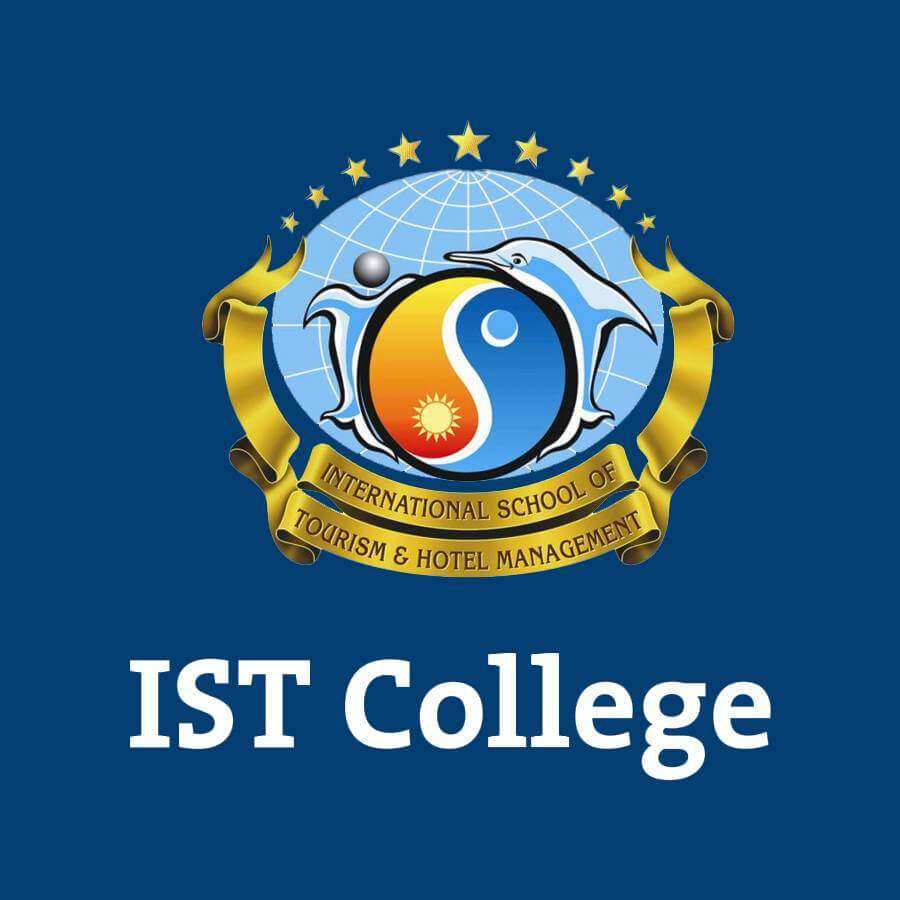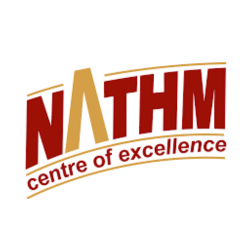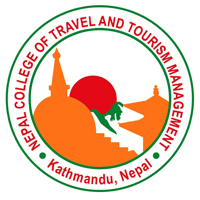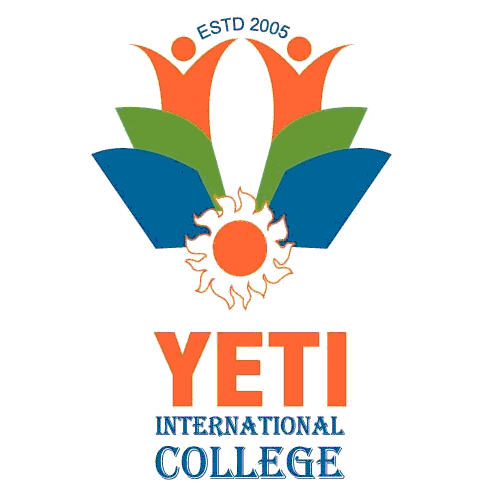Overview
BTTM at Public Youth Campus, Dhobichaur, Kathmandu
Bachelor of Travel and Tourism Management (BTTM) at Public Youth Campus, Tribhuvan University, focuses on Nepal’s travel, hospitality, and tourism services.
The program follows the Faculty of Management structure and runs for eight semesters across four academic years.
Students study tourism foundations, airline ticketing basics, service operations, destination management, hospitality coordination, and research methods. Field visits, practical exercises, and an internship prepare you to work with airlines, travel agencies, tour operations, hotels, events, and destination units.
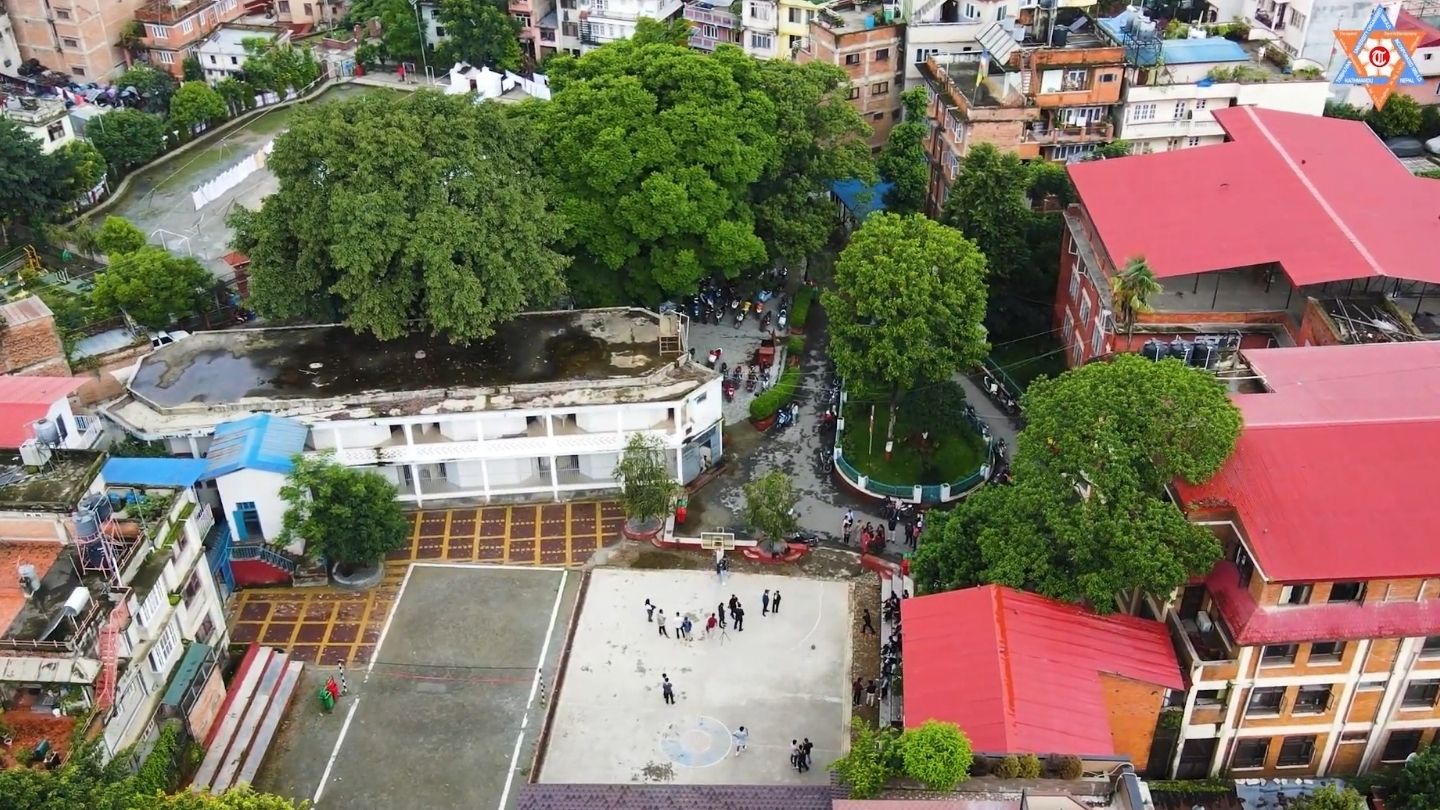
Highlights
-
Affiliation: Tribhuvan University, Faculty of Management; PYC is a constituent campus in Kathmandu.
-
Duration and System: Four years, eight semesters under TU rules.
-
Entry Test: CMAT for the undergraduate management stream; shortlisting leads to group discussion and interview.
-
Focus: Travel operations, destination planning, service quality, hospitality coordination, and tourism policy context.
-
Learning Evidence: Presentations, practical tasks, field notes, reports, and a graded internship.
-
Location Advantage: Dhobichaur access to tour operators, hotels, and service hubs for training and interviews.
Curriculum Details
The BTTM curriculum covers core tourism and management courses, soft skills for service delivery, and industry-focused practicum. The semester map balances classroom theory with applied components that mirror local operations.
Core Study Areas
-
Tourism Foundations: Introduction to tourism, Nepal tourism geography, destination systems, cultural heritage and responsible travel.
-
Airline and Travel Agency Work: Basics of air travel, fare and ticketing principles, reservation systems exposure, itinerary building, and documentation.
-
Hospitality and Service: Front office routines, housekeeping coordination concepts, food and beverage basics from a management lens, and service quality.
-
Operations and Logistics: Tour operations planning, guide coordination, vendor management, safety and risk basics.
-
Management Tools: Accounting for service firms, marketing for tourism, HR essentials, business communication, and IT for travel services.
-
Research Orientation: Tourism research methods, data tasks, report writing, and presentation standards.
-
Policy and Ethics: Nepal’s tourism policy context, environmental considerations, and community engagement principles.
Practical and Field Components
-
Field Visits: Structured local visits to heritage sites, destination facilities, and service providers with guided observation notes.
-
Industry Interaction: Guest sessions with practitioners on seasonality, packages, service recovery, and sustainability practices.
-
Internship: A supervised placement in an airline office, travel agency, tour operator, hotel, or event unit; final report and presentation count toward the grade.
Objectives
-
Industry Readiness: Build applied knowledge for entry roles across airlines, agencies, tour operations, and hotels.
-
Service Mindset: Develop discipline in punctuality, documentation, guest communication, and safety.
-
Destination Understanding: Interpret Nepal’s tourism assets and constraints to plan realistic trips and itineraries.
-
Career Pathway: Create a foundation for postgraduate study in tourism or management after meeting entry criteria.
Scope
Tourism accounts for a significant share of service employment in Nepal. Graduates take roles in reservations, ticketing support, tour coordination, front office, guest relations, events, and travel sales. Destination units, government bodies, NGOs, and DMOs value graduates who can document field facts, work with vendors, and brief stakeholders with clarity.
Learning Outcomes
Students who complete BTTM at PYC should be able to:
-
Prepare basic itineraries and handle reservation and ticketing tasks under supervision.
-
Coordinate tour operations, vendor bookings, and guest communication with attention to detail.
-
Explain Nepal’s destination mix and seasonality and recommend practical travel plans.
-
Use spreadsheets and standard office tools for reporting and billing.
-
Draft clear service recovery notes and incident reports with dates, times, and actions.
-
Produce a field-based internship report and defend findings during viva.
Skill Development Modules
-
Communication and Languages: Business communication and presentation practice for guest-facing roles; emphasis on concise, polite, and accurate replies.
-
IT for Services: Reservation exposure, office software, and data entry discipline for vouchers, manifests, and billing.
-
Numeracy for Operations: Basic costing, markup, taxes, and foreign exchange handling in a tourism context.
-
Safety and Quality: Orientation to safety briefings, emergency notes, and service quality checklists.
-
Cultural Competence: Site etiquette, heritage sensitivity, and community interactions aligned with local norms.
Teaching Methodology
Public Youth Campus uses lectures, demonstrations, workshops, role-play for guest scenarios, and project presentations. Faculty set weekly plans and rubrics. Field tasks and internships include briefings on behavior, documentation, and risk awareness. Students submit reflection notes and collect supervisor signatures where required.
Admission Requirements
-
Eligibility: Completion of Ten Plus Two (10+2) or equivalent from a recognized board with English included as a subject.
-
Entrance: CMAT for the management stream; shortlisting leads to group discussion and interview. Some years set a qualifying mark for CMAT, and the final merit list reflects combined weights announced in the campus notice.
-
Documents: Academic transcripts, character certificate, migration where applicable, photographs, and any proofs listed for the intake.
-
Advice for Applicants: Prepare identification, meet deadlines, and keep originals ready for verification.
Career Opportunities
-
Airlines and GDS-linked Offices: reservation and ticketing support, counters, documentation, basic revenue tasks.
-
Travel Agencies and Tour Operators: itinerary building, vendor bookings, guest handling, and trip reporting.
-
Hotels and Resorts: front office coordination, guest relations, and event support.
-
Events and MICE: logistics, registration, and vendor coordination.
-
Public/NGO/DMO Roles: destination documentation, community projects, visitor information desks, and research assistance.
-
Entrepreneurial Pathways: small travel services, local guiding partnerships, and niche products anchored in community and culture.
Scholarships and Financial Aid
Scholarship and fee-waiver announcements follow TU and campus policy. Categories include merit and need-based windows published per intake. Students should watch the notice board and website for forms, criteria, and deadlines.
Why Choose This Course?
-
Sector-Specific Learning: Tourism-focused courses, field tasks, and internship build practical habits valued by employers.
-
Central Access: Dhobichaur location shortens travel time to industry offices for interviews and training.
-
Balanced Training: Classroom foundations, soft skills, and service routines encourage reliable work standards.
-
Documented Evidence: Reports, checklists, and supervisor notes offer tangible proof of learning for early roles.
Conclusion
BTTM at Public Youth Campus offers a steady, Nepal-focused route into travel and tourism services under the Tribhuvan University framework. The semester plan, field components, and internship help you document skills while studying. Careful attention to deadlines, grooming, and clear writing will strengthen your chances of timely graduation and early employment.
FAQ
Is BTTM a semester-based program?
Yes. The course runs for eight semesters across four years under TU.
Do applicants sit for CMAT?
Yes. The undergraduate management stream requires CMAT, followed by campus-level screening steps per the intake notice.
What kind of internship is expected?
A supervised placement in an airline office, travel agency, tour operator, hotel, or events unit with a written report and presentation.
Which roles are common after graduation?
Reservations and ticketing support, tour coordination, front office, guest relations, travel sales, and events logistics.
Does the program include field visits?
Yes. Field tasks and destination observations are part of the learning plan when scheduled by the campus.



